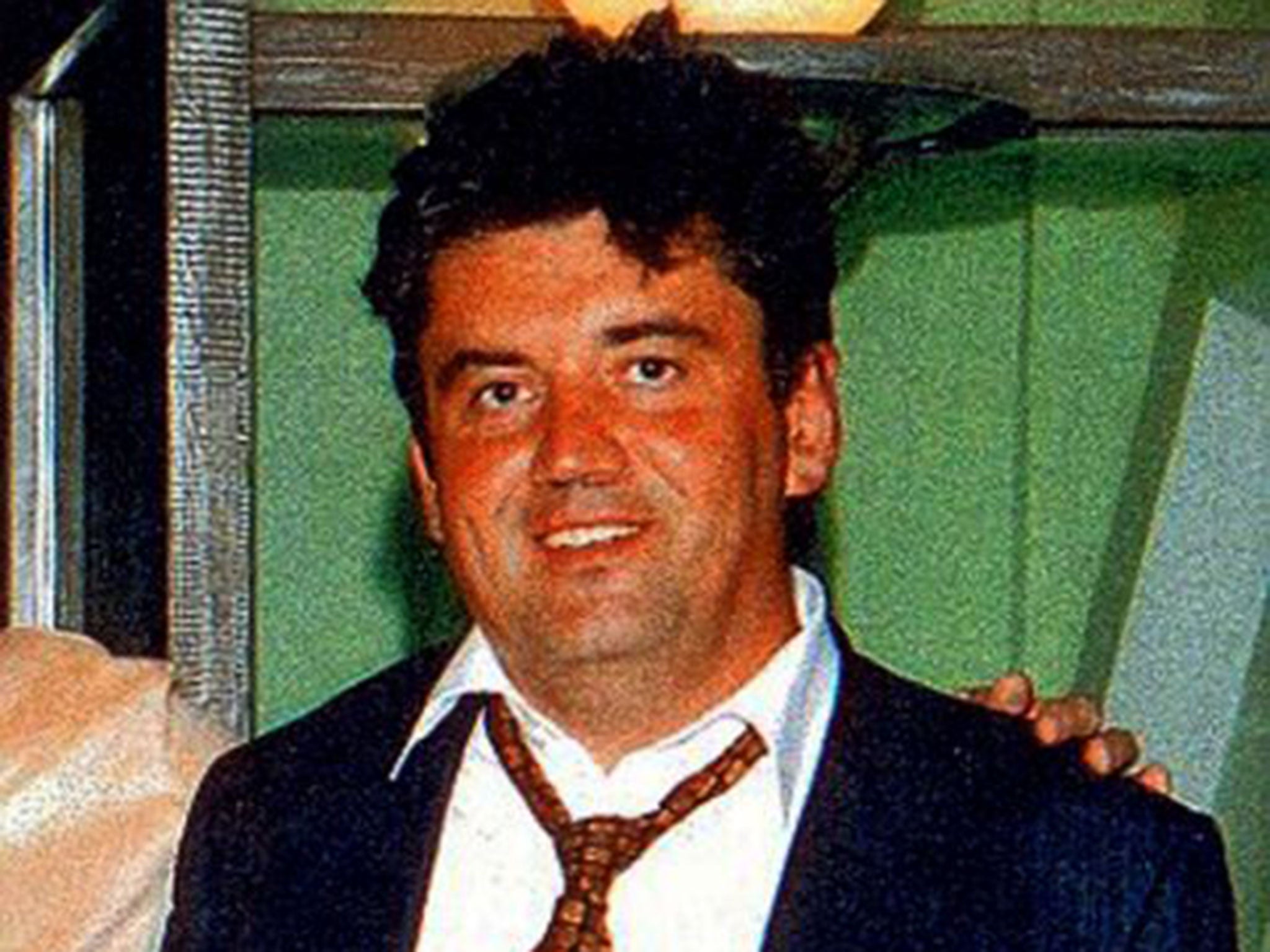Police investigating Russian whistleblower Alexander Perepilichnyy's death kept bosses in the dark, confidential police papers reveal
'We asked them to investigate his death as a potential murder and asked them to as quickly as possible secure the evidence and look for toxicology tests, based on the murder by poison of Alexander Litvinenko. The police didn't respond.

Investigators kept top brass in the dark for days about issues arising from the mysterious death of a Russian whistle-blower, confidential police documents have revealed.
When news finally broke that multi-millionaire Alexander Perepilichnyy had died on British soil, Surrey Police set about stemming the tide with "bland and simple" statements.
But the case had already sparked interest in Westminster, including from Surrey MPs Philip Hammond, then-defence secretary, and current Brexit secretary Dominic Raab.
Mr Perepilichnyy collapsed and died while out jogging near his home in Weybridge, Surrey, on 10 November 2012.
At the time, he had been helping prominent Kremlin critic Bill Browder's firm Hermitage Capital Management to uncover a 230 million US dollar (£150 million) fraud, the Old Bailey has heard.
Coroner Nicholas Hilliard QC has been examining whether Mr Perepilichnyy died of natural causes or could have been poisoned.
Giving evidence last year, Detective Superintendent Ian Pollard insisted there had been no evidence of "third party" involvement.
But Mr Browder, who describes himself as Mr Putin's "number one enemy", criticised the investigation, citing a "horrible lack of response" to a letter in 2012 which highlighted the possible link to organised crime and urged police to investigate Mr Perepilichnyy's death as a potential murder.
He said: "When we learned about it, we got in touch with the police on 17 November with a letter from our law firm...alerting them to the fact that he was a whistle-blower who had been co-operating with authorities and exposing Russian organised crime. And we asked them to investigate his death as a potential murder and asked them to as quickly as possible secure the evidence and look for toxicology tests, based on the murder by poison of Alexander Litvinenko. The police didn't respond."
Following a request from media and Hermitage, Mr Hilliard released two pages of minutes from a meeting on the investigation on 10 December 2012.
The "Operational Daphne Gold Group" meeting was chaired by Assistant Chief Constable Olivia Pinkney.
Ms Pinkney told the gathering there were three missed opportunities to alert senior management to concerns surrounding Mr Perepilichnyy's death.
Under the heading "organisational learning", she noted: "There are three areas where it appears the opportunity was missed to raise this death as a concern/issue to Senior Management within Surrey Police."
She cited the letter of 17 November, referral to "Special Branch" and a phone inquiry from The Independent, which broke the story on 27 November 2012.
The article led several newspapers, Sky and the BBC to follow up on the story, the minutes stated. Journalists had asked when the result of toxicology tests would be complete and if South East Counter Terrorism were involved.
On the response to media inquiries, Mr Pollard advised on the "need to keep it bland and simple and continue to use the line that this is an ongoing investigation hence we cannot say much".
Ms Pinkney said the senior investigating officer should work with the press officer on the lines "and make it a non issue".
She told the meeting that she had offered to update Weybridge MP Mr Hammond by email, telling him it was "still unexplained and under investigation".
On the subject of "national and political context", she said that "ambient interest remains" but Home Office official Richard Riley was "helping to keep a sense of perspective within central Government".
Asked if there was any international interest, Nicola Burress, of Corporate Communications, said there was "speculation regarding names on the Magnitsky list".
The list is named after Sergei Magnitsky, a Russian lawyer who represented Mr Browder's company and died after being detained while investigating alleged fraud involving powerful Russians.
According to the partial minutes, Mr Pollard had said Esher and Walton MP Mr Raab "is coming at this from the angle of impact of Russian" (sic).
On the need to keep the meeting under wraps, Ms Pinkney instructed: "Gold Group minutes to be confidential and not emailed unless a non confidential version can also be produced."
Mr Hilliard is expected to hear closing submissions from the interested parties in the inquest at a hearing in September.
Press Association
